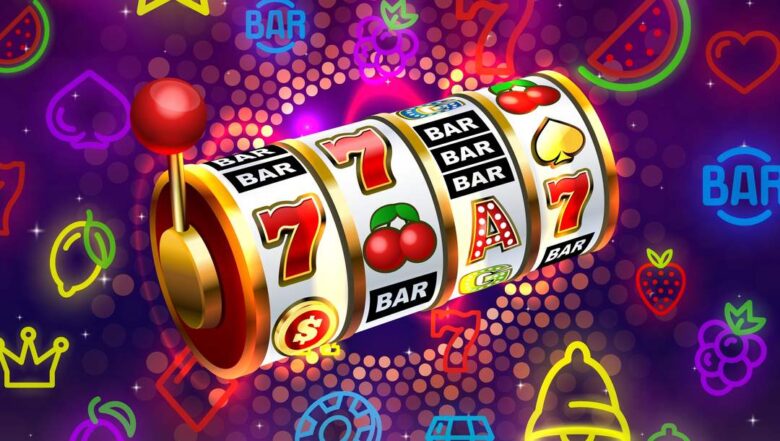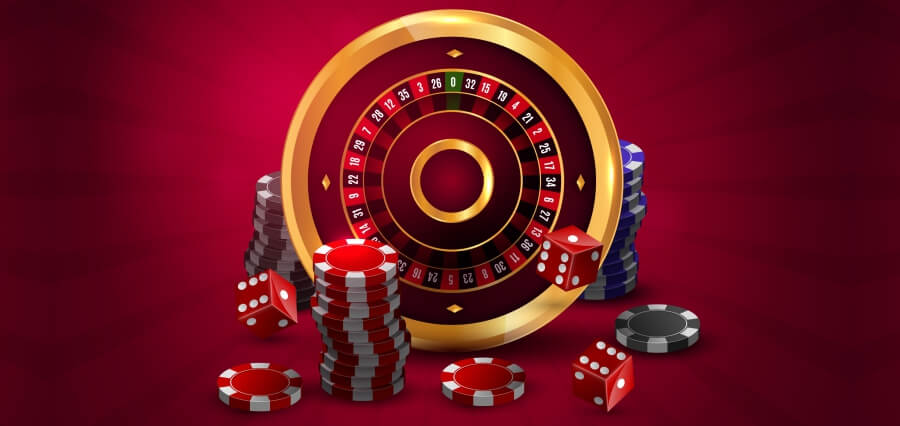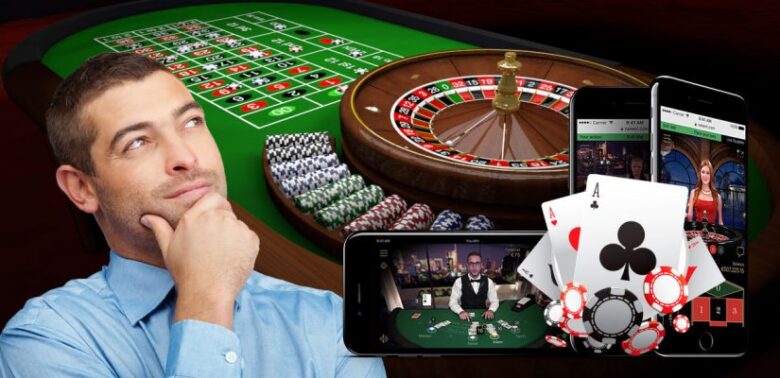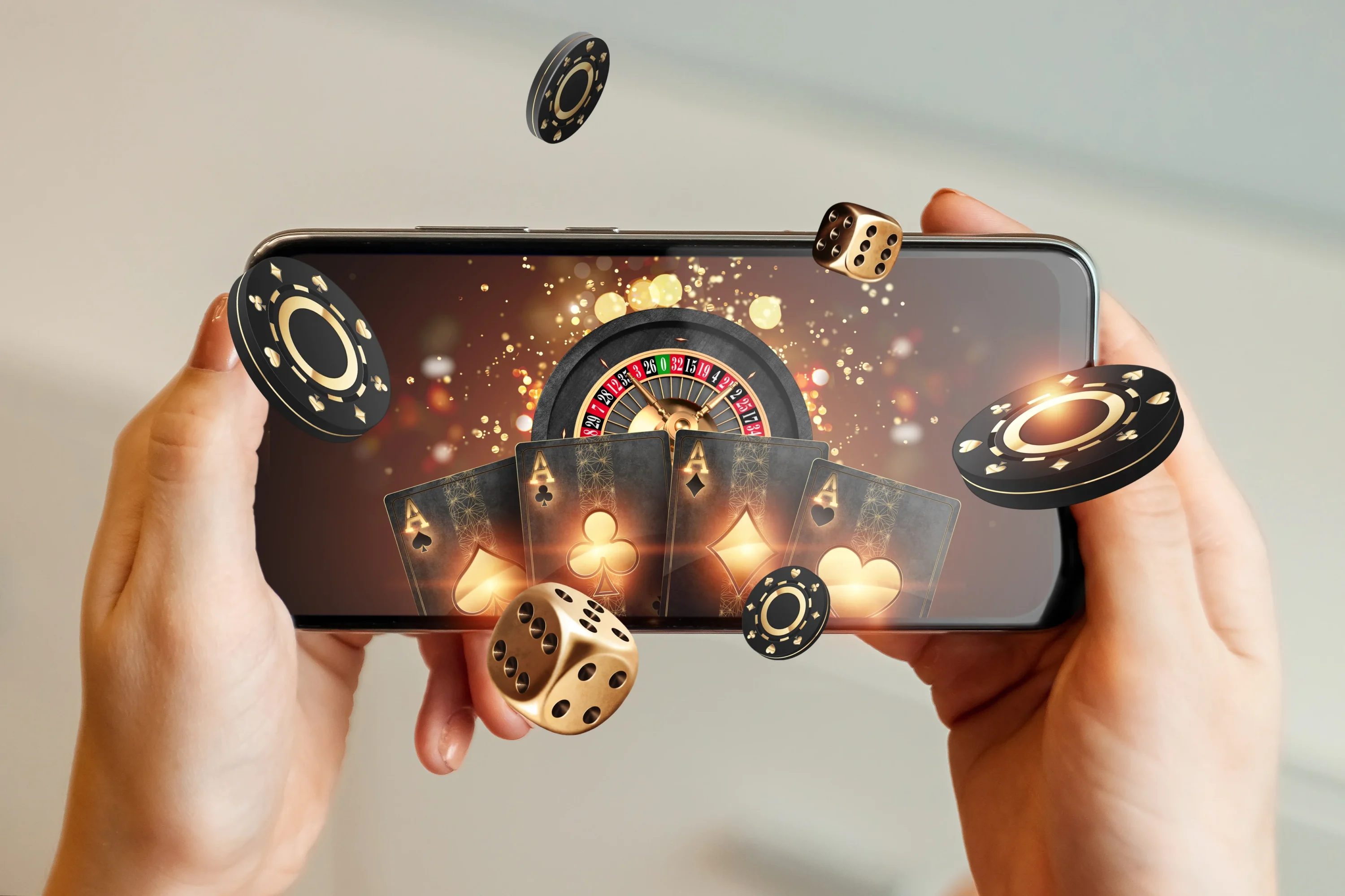For centuries, card games have captivated audiences across the globe. These games are more than mere pastimes; they encapsulate cultures, histories, and indeed, their unique languages. Each game, while bound by the universal medium of cards, boasts terminologies that render it distinct. These terms, whether general or specific, add layers of strategy, complexity, and depth to each game. Let’s embark on a linguistic journey through the world of card games, with special attention to the rich lexicon of baccarat.
Contents
- The Universal Card Lexicon
- The World of Poker and Its Peculiarities
- Bridging the Gap with Bridge
- The Allure of Baccarat and Its Unique Lingo
- Rummy’s Linguistic Richness
- Blackjack: Hitting the Terminology Jackpot
- The Intersection of Tradition and Modernity
- Embracing Diversity through Language
- The Universality of Strategy and Expression
- A Language Beyond Words
- In Conclusion
The Universal Card Lexicon

Source: casino.betmgm.com
Many terms are ubiquitous across numerous card games. Their meanings might slightly vary based on context, but their essence remains constant.
- Deck: Refers to a set of cards used in a game. A standard deck usually consists of 52 cards.
- Hand: The cards dealt to a player during a round.
- Shuffle: The act of randomizing the order of the cards in a deck.
- Face cards: Typically refers to Kings, Queens, and Jacks in a deck.
The World of Poker and Its Peculiarities
Venturing into the realm of poker, we encounter a wealth of terms that define its strategic landscape:
- Bluff: To make a bet or a raise with a hand you do not think is the best hand.
- Flop: The first three community cards dealt face up in the center of the table.
- River: The fifth and final community card.
- Ante: A forced bet that players must post before the start of a hand.
Bridging the Gap with Bridge

Source: sheadvisors.com
Bridge, a game of partnership and strategy, comes with its unique set of terminologies:
- Bid: An offer to take a specified number of tricks with a particular suit as trump.
- Dummy: The partner of the declarer whose hand is played by the declarer.
- Ruff: To play a trump card on a trick when a non-trump was led.
The Allure of Baccarat and Its Unique Lingo
Baccarat, with its elegance and history, is replete with terms that reflect its rich heritage:
- Banco: Spanish for “bank”, it refers to the banker in the game.
- Chemin de Fer: A European version of baccarat, meaning “railroad” in French.
- Coup: A round of baccarat.
- Natural: A two-card total of 8 or 9 in baccarat, which is considered an automatic win unless matched or beaten.
With the rise of online platforms, especially those harnessing modern-day cryptocurrencies, the game’s appeal has expanded exponentially. For enthusiasts looking to combine the traditional charm of baccarat with the modern advantages of https://onlinebaccarat9.com/crypto-baccarat/, platforms offering this represent the future of this ancient game.
Rummy’s Linguistic Richness

Rummy, played in various forms worldwide, has its unique terms:
- Meld: A group of cards either in sequences of the same suit or sets of the same rank.
- Discard: To play a card from your hand onto the discard pile, ending your turn.
- Deadwood: Cards that are not in any meld and can count as points against the player.
Blackjack: Hitting the Terminology Jackpot
Blackjack, another casino favorite, carries its distinctive lexicon:
- Bust: When the total value of your cards exceeds 21.
- Double Down: To double the initial bet in exchange for one additional card.
- Split: When dealt a pair, you can split the cards into two hands, with a bet equal to the original bet placed on the second hand.
The Intersection of Tradition and Modernity
One of the most fascinating aspects of card game terminologies is their ability to reflect the evolution of society and technology. As we’ve seen, classic games like baccarat carry terminologies rooted in rich histories, painting pictures of bygone eras and sophisticated European courts. However, as these games migrate online and intersect with technological innovations, new terminologies emerge. Words like “live dealer”, “online lobby”, and “multiplayer mode” have become standard, signaling the digital transformation of these traditional games. This blend of the old and the new showcases the adaptive nature of card games, evolving with times yet retaining their core essence.
Embracing Diversity through Language

The language of card games is also a testament to the global appeal and diversity of these games. The terminologies employed are often borrowed from various languages and cultures, emphasizing the universal love for card games. Whether it’s the French roots in baccarat’s “Chemin de Fer” or the Spanish influence in the term “Banco”, each term tells a story of cultural exchange and mutual appreciation. This linguistic tapestry not only enhances the gaming experience but also fosters a deeper understanding among players from different backgrounds. It’s a subtle reminder that while we might be divided by geographical boundaries, our passions, especially for card games, often transcend them, creating a global community bound by shared interests and terminologies.
The Universality of Strategy and Expression
At its heart, the language of card games exemplifies humanity’s desire to strategize, compete, and communicate. The terms we use, regardless of their origins or the games they are associated with, outline a narrative of collective intelligence and interaction. Even as new terminologies emerge with the advent of digital platforms and shifting gaming landscapes, the underlying themes remain constant. These words signify not just the moves we make or the cards we play, but also the friendships formed across the table, the exhilaration of a well-played hand, and the mutual respect shared among opponents. In understanding and embracing the rich lexicon of card games, we not only become better players but also more connected participants in a timeless global tradition.
A Language Beyond Words

Source: newsdirect.com
Beyond the terminologies and strategies lies an unspoken language intrinsic to card games a realm of subtle cues, unvoiced strategies, and the palpable tension of awaiting a game’s outcome. Players become adept at reading the subtlest of gestures, a hesitated move, or even a fleeting expression. This non-verbal communication complements the rich lexicon of card games, adding layers of depth and complexity. It’s a testament to the profound human connection at play, where words, while invaluable, are just one facet of a multifaceted dialogue. In every game, through every hand dealt, players are not just engaging with cards but also with each other, in a silent dance of minds and emotions.
In Conclusion
The world of card games is a tapestry of terms, each thread weaving its unique pattern. Understanding these terminologies is not merely about mastering the rules but also about appreciating the game’s history, culture, and nuances. From the universal terms that bridge different games to the distinct lexicon of games like baccarat, these words elevate card games from mere pastimes to rich linguistic experiences. In today’s digital age, as traditional games meld with modern technologies like crypto baccarat, this linguistic richness continues to grow, ensuring that card games remain as captivating as ever.
